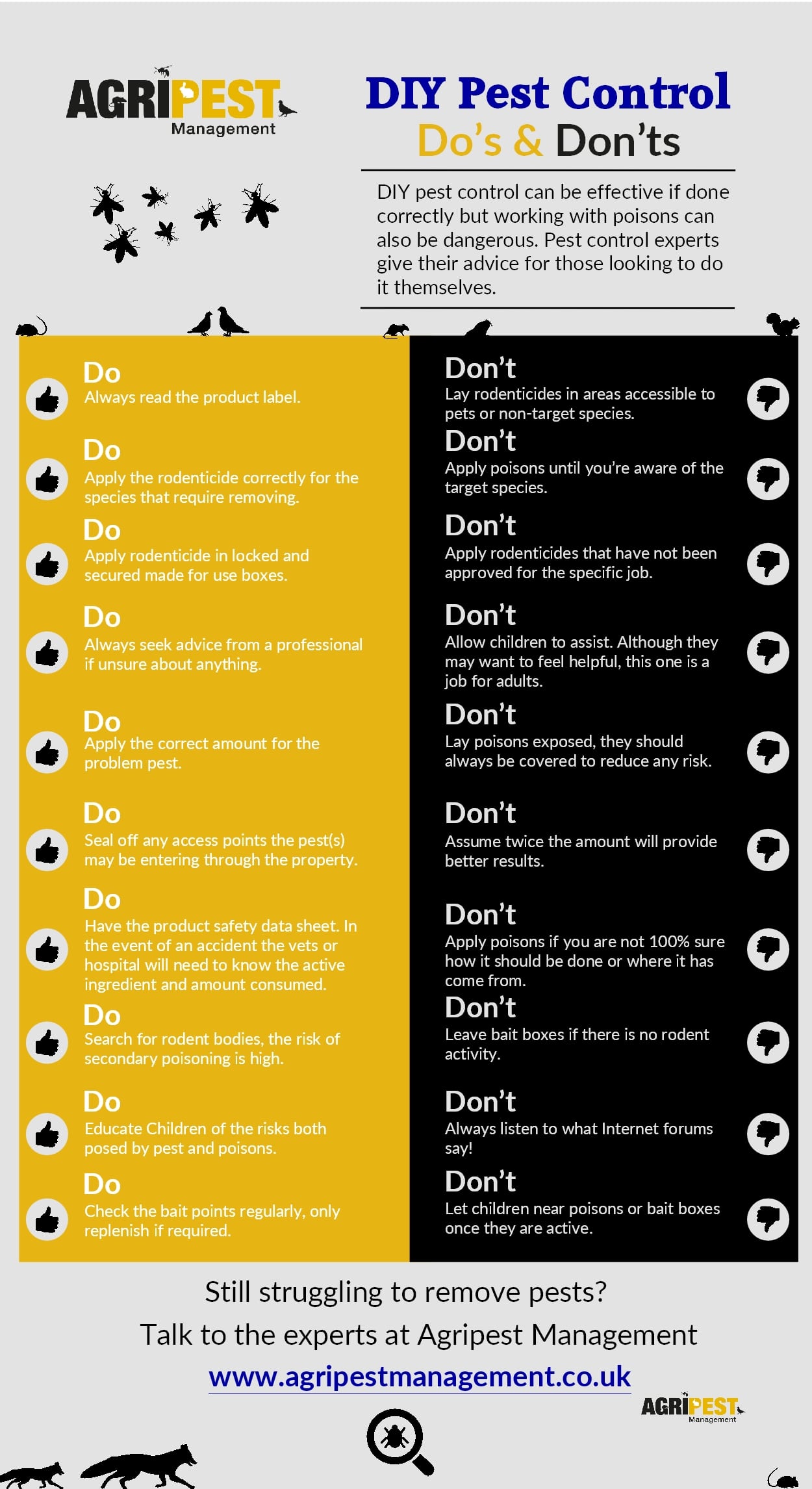Get Ready To Transform Your Yard Right Into A Pest-Free Sanctuary Making Use Of These Innovative Ideas And Methods
Get Ready To Transform Your Yard Right Into A Pest-Free Sanctuary Making Use Of These Innovative Ideas And Methods
Blog Article
Short Article Writer-Thorpe Pittman
Picture your yard as a shelter, a place of peace and elegance. Nevertheless, the existence of outdoor parasites can quickly interrupt this idyllic picture. What happens if there were easy yet reliable means to maintain these unwanted visitors away and protect your yard oasis? By following a few useful suggestions and executing natural techniques, you can produce an unified outdoor space where your plants can prosper uninterrupted.
Natural Parasite Deterrents
To maintain pests far from your garden naturally, plant fragrant natural herbs like mint and lavender. These aromatic plants not just add charm to your garden however likewise work as effective pest deterrents. Parasites like mosquitoes, flies, and even some garden-damaging pests are warded off by the strong aromas sent out by these natural herbs. Simply positioning them strategically around your yard can help develop a natural obstacle against undesirable bugs.
In addition to mint and lavender, take into consideration growing various other natural herbs like rosemary, basil, and lemongrass to additionally boost your yard's pest-proofing abilities. These herbs not only work as natural repellents yet additionally have actually the added advantage of being useful in food preparation or crafting self-made treatments.
Strategic Plant Placement
Think about the layout of your garden and the types of plants you have to tactically place them for maximum pest-proofing efficiency.
Begin by grouping plants with similar resistance to bugs with each other. By doing this, you can produce an all-natural barrier that deters pests from spreading throughout your yard.
Furthermore, positioning pest-repelling plants like marigolds, lavender, or mint near more vulnerable plants can aid safeguard them. simply click the next site , such as sunflowers or corn, can work as a guard for much shorter plants versus insects like bunnies or ground-dwelling pests.
Bear in mind to leave sufficient room in between plants to improve air circulation and reduce the risk of conditions that pests could carry.
In addition, think about growing strong-smelling herbs like rosemary or basil near vulnerable plants to confuse pests' detects and make it harder for them to locate their targets.
Efficient Pest Control Techniques
For combating yard insects successfully, carrying out a multi-faceted pest control method is important. Begin by urging all-natural predators like birds, ladybugs, and praying mantises to help maintain pest populations in check. Presenting plants that attract these useful bugs can assist in parasite control. Furthermore, exercising great yard health by removing debris and weeds where bugs may conceal can make your yard less friendly to undesirable site visitors.
Consider using physical barriers such as row cover fabrics or netting to shield at risk plants from insects like caterpillars and birds. Using natural pesticides like neem oil or insecticidal soap can also work versus specific bugs while being less unsafe to beneficial pests and the environment. It's crucial to turn your crops each season to prevent the buildup of parasite populaces that target certain plants.
Consistently inspect sweet ant killer for indications of bug damage so you can do something about it immediately. By incorporating read this and staying cautious, you can properly manage garden insects and delight in a thriving, pest-free yard.
Verdict
So, there you have it - with the right strategies, you can keep pesky outdoor parasites away from your garden and help your plants grow.
Did you know that growing mint has been shown to repel insects and other insects, decreasing the requirement for hazardous pesticides by up to 60%?
By integrating natural deterrents and smart growing methods, you can develop a lovely and pest-resistant garden sanctuary for you to delight in.
